7 GPTs for Music Generation Powered by AI for Free of 2025
AI GPTs for Music Generation refer to a subset of Generative Pre-trained Transformers designed specifically to create music. These AI tools leverage vast datasets of music to learn patterns, styles, and structures, enabling them to generate new compositions. They are pivotal in automating and enhancing the music creation process, providing musicians, composers, and hobbyists with innovative ways to produce music. The role of GPTs in this field is to offer a tailored solution that understands and applies musical concepts, making the technology accessible and useful for a wide range of music-related tasks.
Top 7 GPTs for Music Generation are: Suno.ai - /chirp - Music Prompt maker,MuseNet,Music Writer,Radio Imaging & MusicGen Ai,🎼 Virtuoso Music Maestro 🎹,MC Cubed,🎼 Symphony Maestro Composer 🎹
Suno.ai - /chirp - Music Prompt maker
Craft Your Song with AI Innovation
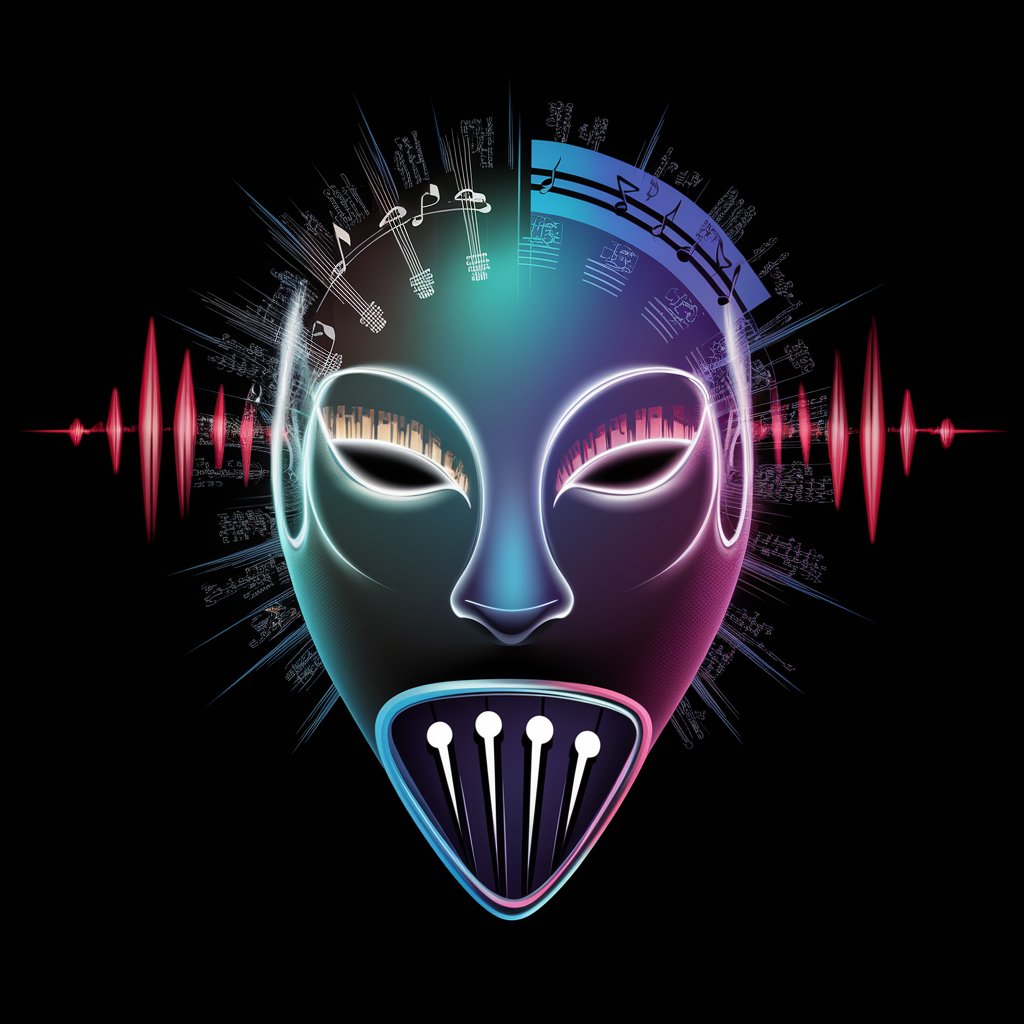
MuseNet
Unlock musical creativity with AI inspiration.
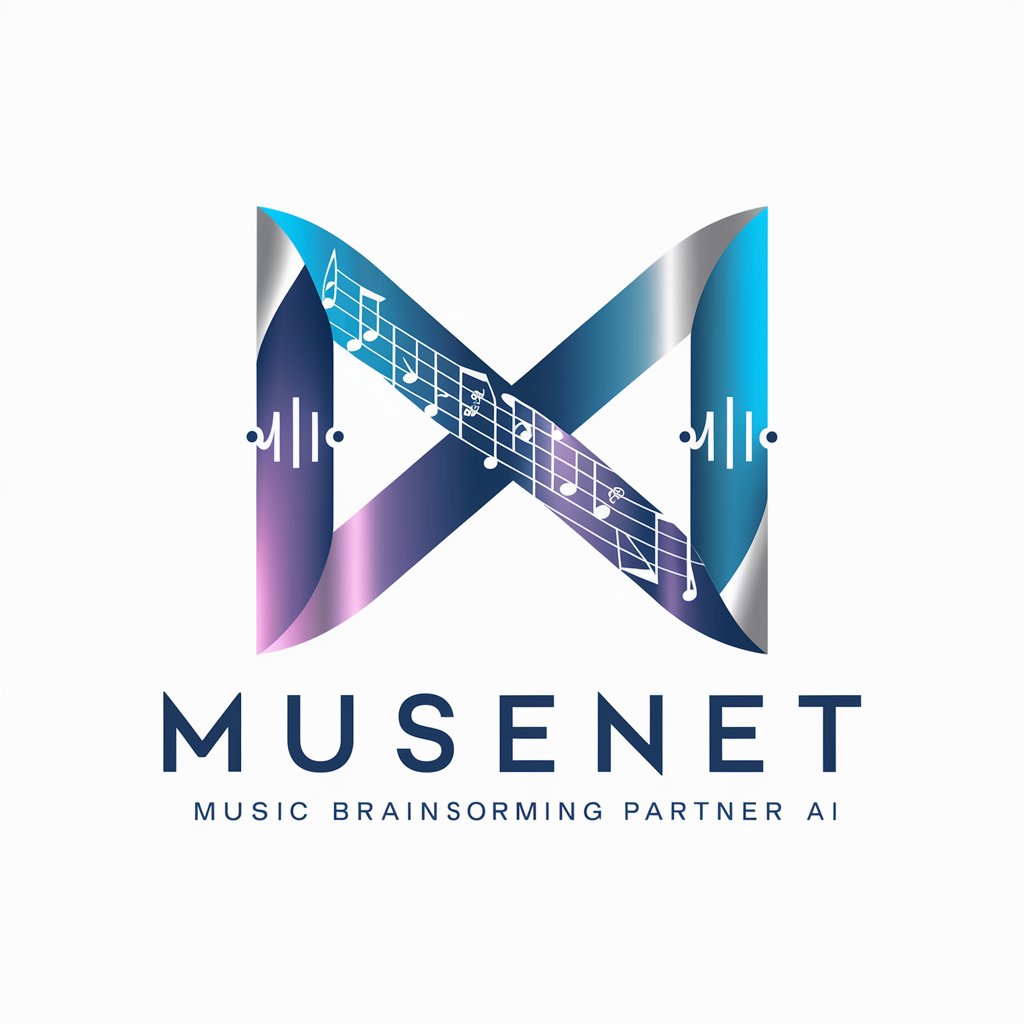
Music Writer
Craft Your Sound with AI
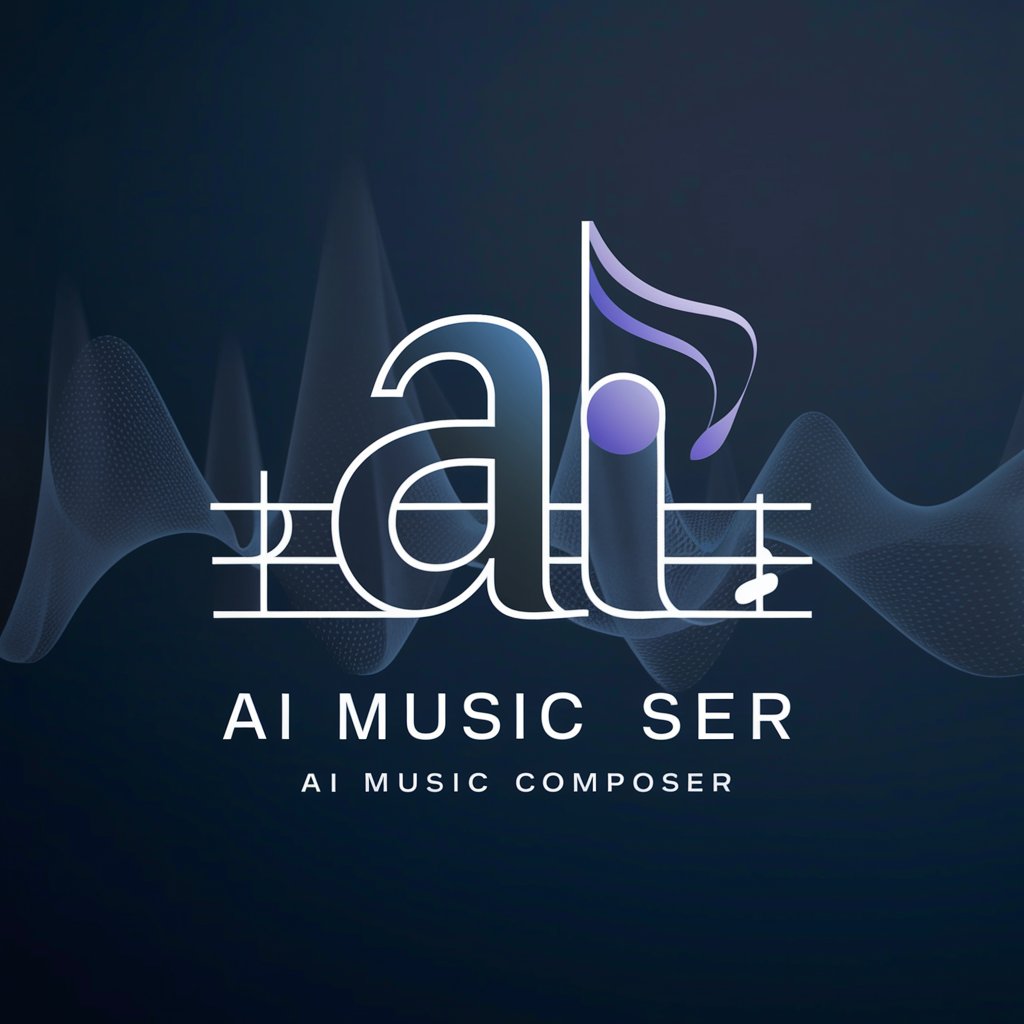
Radio Imaging & MusicGen Ai
Innovating Sound with AI
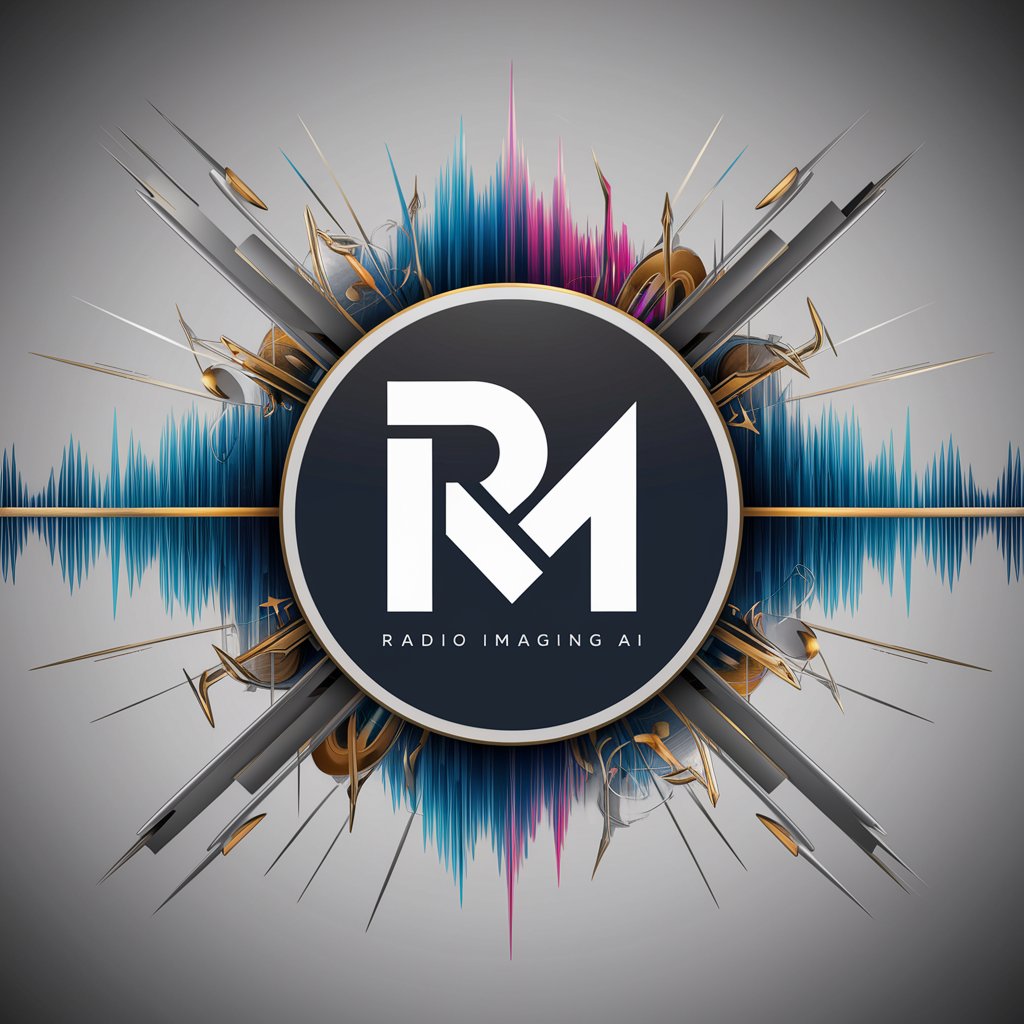
🎼 Virtuoso Music Maestro 🎹
Unleash creativity with AI-powered music composition.
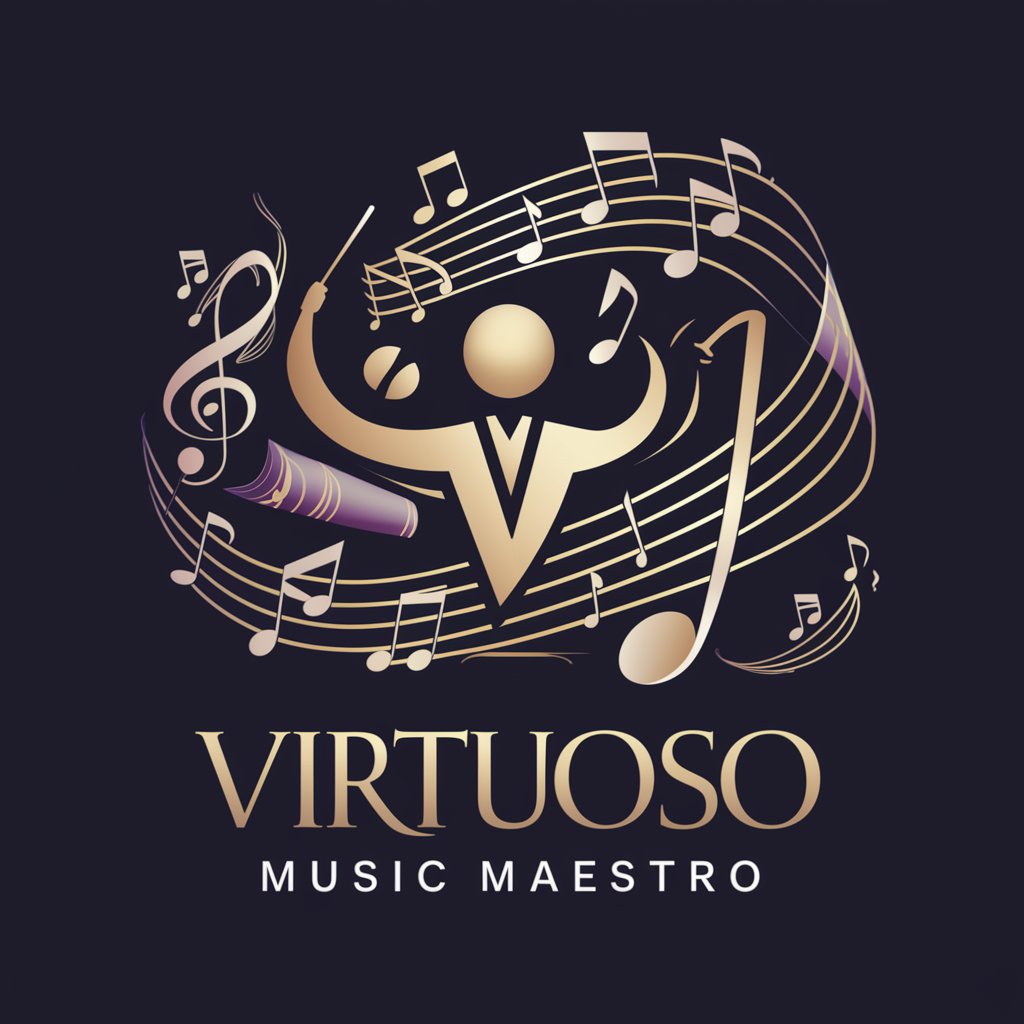
MC Cubed
Crafting the Future of Music on TikTok
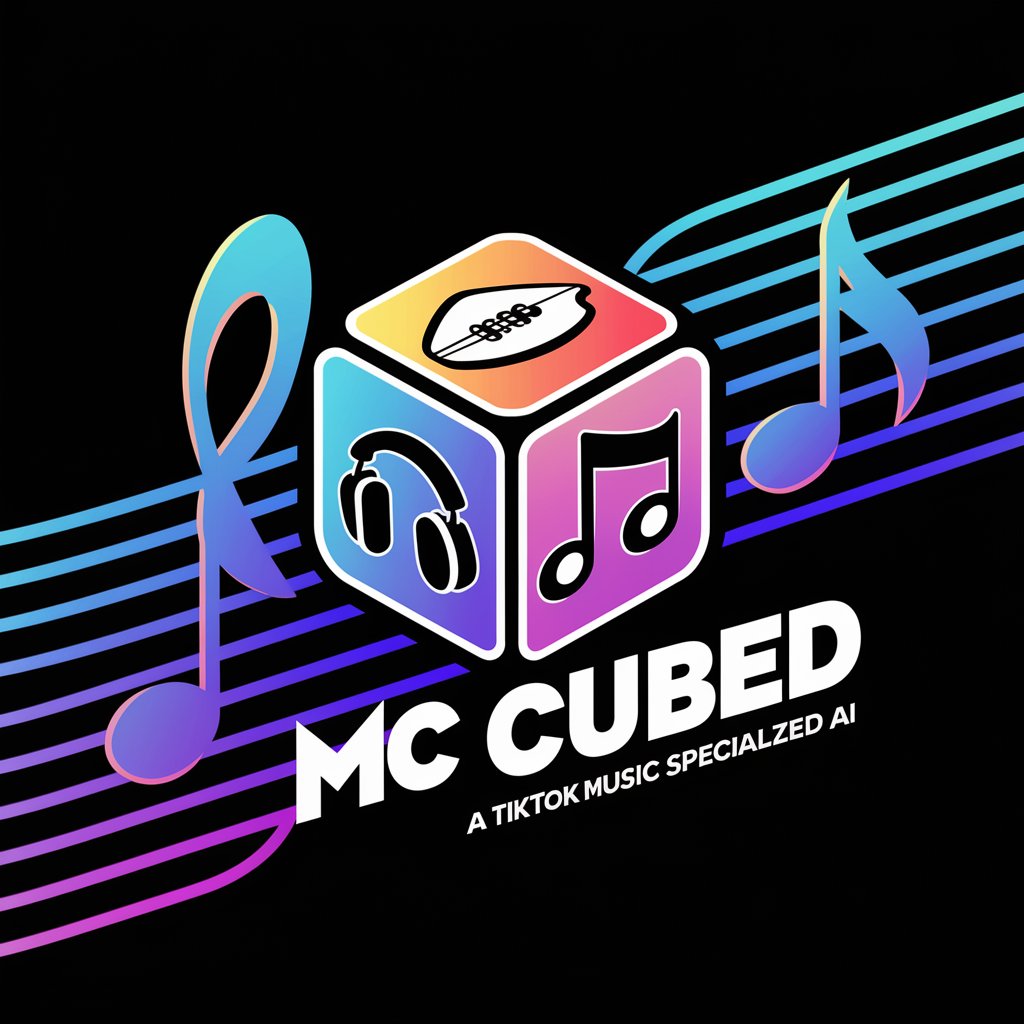
🎼 Symphony Maestro Composer 🎹
AI-powered musical creativity and learning.
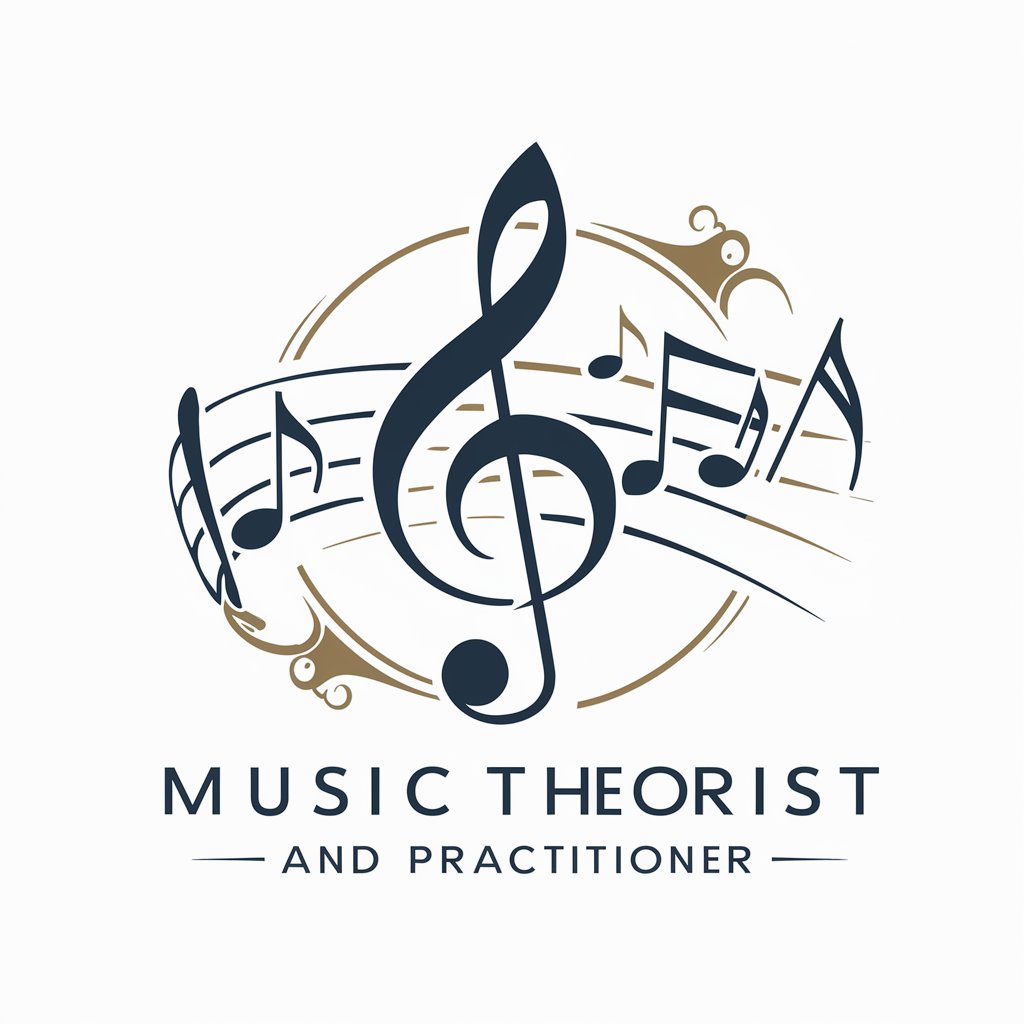
Key Characteristics and Capabilities
AI GPTs for Music Generation are distinguished by their ability to adapt and generate music across various genres and styles. These tools can compose melodies, harmonies, and rhythms that cater to specific musical preferences. Key features include the generation of complete songs, creation of music based on mood or theme, and the ability to learn from feedback to refine future compositions. Some GPTs also support lyrics generation, integrating both music and textual creativity. The adaptability of these tools, from simple melody creation to complex orchestral compositions, makes them a versatile asset in the music industry.
Who Benefits from Music Generation AI
The primary users of AI GPTs for Music Generation include musicians, music producers, composers, and hobbyists. These tools are also invaluable for educational purposes, offering students a hands-on approach to learning music composition. For those without coding skills, many GPTs offer user-friendly interfaces that simplify the music creation process. Meanwhile, developers and music technologists can leverage API access and customization options to integrate these AI tools into larger projects or workflows.
Try Our other AI GPTs tools for Free
Development Exercises
Discover how AI GPTs for Development Exercises transform learning and professional growth with tailored, interactive, and adaptable solutions across technology and software fields.
Media Design
Discover AI GPTs for Media Design: versatile tools transforming digital creativity with user-friendly interfaces, adaptable features for novices to professionals, and seamless integration capabilities.
Mansion Adventure
Discover the magic of Mansion Adventure AI GPTs, the ultimate tool for creating immersive, interactive narratives and experiences in the enchanting world of mansions.
Story Unraveling
Explore AI GPT tools for unraveling stories, enhancing narrative comprehension, creativity, and production with advanced AI technology.
Tax Inquiry
Discover how AI GPTs for Tax Inquiry simplify tax-related tasks with advanced AI, offering intuitive advice, technical support, and seamless integration for professionals and novices alike.
Planning Guidance
Discover how AI GPTs for Planning Guidance can revolutionize your planning processes with advanced, tailored AI solutions designed for a range of users, from novices to professionals.
Expanding Horizons with AI in Music
AI GPTs for Music Generation are not just tools for creating music; they represent a new frontier in the intersection of technology and art. Their user-friendly interfaces make music composition more accessible, while their integration capabilities allow for innovative applications in entertainment, education, and beyond. As these tools continue to evolve, they promise to unlock new creative possibilities and redefine the music creation process.
Frequently Asked Questions
What is AI GPT for Music Generation?
It's a type of AI that uses Generative Pre-trained Transformers to create new music compositions by learning from a vast dataset of musical pieces.
Can these AI tools generate music in any genre?
Yes, they can adapt to generate music across various genres, depending on the training data they've been fed and the specific capabilities of the tool.
Do I need musical knowledge to use these tools?
Not necessarily. While having a basic understanding of music can enhance your use of the tools, many are designed with user-friendly interfaces for novices.
Can AI GPTs create original lyrics as well?
Some advanced GPTs are capable of generating lyrics, offering a comprehensive solution for music and songwriting.
How do these AI tools learn and improve?
They learn from vast amounts of musical data and user feedback, continuously improving their composition capabilities over time.
Can I customize the music generated by AI?
Yes, many tools allow for customization in terms of genre, style, mood, and other musical elements.
Are there any legal issues with using music generated by AI?
The use of AI-generated music involves considerations regarding copyright and intellectual property, which can vary by jurisdiction and specific use cases.
How can I integrate AI music generation into my project?
Developers can integrate these tools via APIs or software libraries, allowing for seamless incorporation into apps, games, or digital platforms.